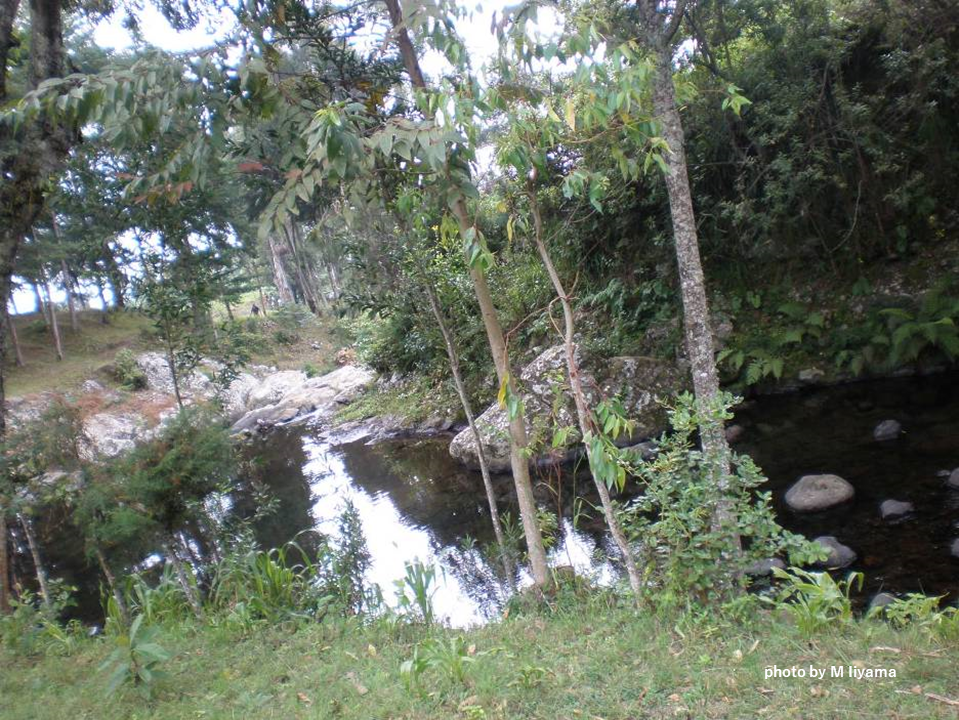Pick Up
842. Recognizing the Diverse Values of Nature for Sustainable Decision-Making

842. Recognizing the Diverse Values of Nature for Sustainable Decision-Making
People around the world value nature from a variety of perspectives beyond economic utility, yet the diversity of perspectives from which people value nature is not reflected in major political and economic decisions. However, the diversity of perspectives from which people value nature is not reflected in important political and economic decisions, and an article and editorial in Nature identified the undervaluation of nature as a cause of today's environmental crisis.
Perceptions of the value of nature are shaped not only by worldviews and knowledge systems, but also by the power relations underlying social institutional structures. Therefore, solving the global biodiversity crisis requires taking into account the diversity of values and related interests.
The paper addresses the dominant value system of short-term profit and economic growth, which values nature only in terms of market values related to intensive production of food and other commodities, and focuses on the diversity of nature values related to climate change adaptation and cultural identity in order to achieve a just and sustainable future. It also emphasizes the need to respect the values of indigenous peoples and local communities.
The paper is based on the Intergovernmental Science-Policy Platform on Biodiversity and Ecosystem Services (IPBES) Values Assessment Report, published in 2022, which compiles over 50,000 scientific publications, policy documents, and indigenous and local knowledge sources. In light of this vast reservoir of information, the paper proposes the concept of ‘value-centered approaches’ to address the twin crises of biodiversity loss and climate crisis. Implementing such an approach requires a rigorous exploration of comprehensive value typologies and an evaluation of the various available methods for assessing these values, as well as working on leverage points* that can have a large ripple effect for fundamental transformative change.
*Leverage points: Intervention sites in a system that can produce larger and more sustainable ripple effects with fewer resources.
References
Pascual, U., Balvanera, P., Anderson, C.B. et al. Diverse values of nature for sustainability. Nature (2023). https://doi.org/10.1038/s41586-023-06406-9
Giulia Sajeva Assessing the values of nature to promote a sustainable future. Nature, 09 August 2023, doi: https://doi.org/10.1038/d41586-023-02487-8
Contributor: IIYAMA Miyuki (Information Program)
